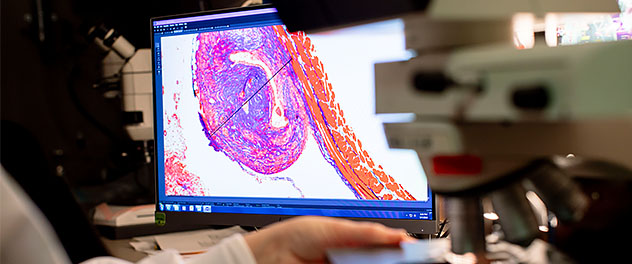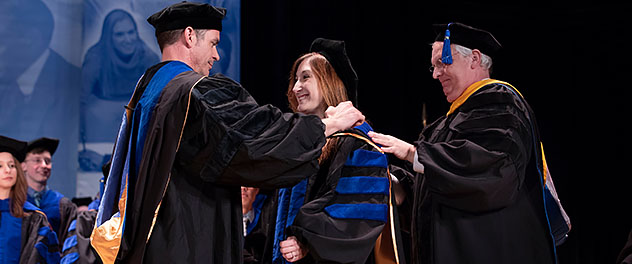-

Immunology in health and disease
The Department of Immunology at Mayo Clinic is an academic department focused on understanding fundamental aspects of immunology in human health and disease.
-

Immunology in health and disease
The Department of Immunology at Mayo Clinic is an academic department focused on understanding fundamental aspects of immunology in human health and disease.
-

Immunology in health and disease
The Department of Immunology at Mayo Clinic is an academic department focused on understanding fundamental aspects of immunology in human health and disease.
-

Immunology in health and disease
The Department of Immunology at Mayo Clinic is an academic department focused on understanding fundamental aspects of immunology in human health and disease.
-

Immunology in health and disease
The Department of Immunology at Mayo Clinic is an academic department focused on understanding fundamental aspects of immunology in human health and disease.
Overview
The Department of Immunology at Mayo Clinic, the oldest free-standing immunology department in the country, is the academic home for basic and translational scientists studying the immune system in health and disease. As scientists, department members have a common understanding and passion for advancing knowledge of fundamental mechanisms that cause and regulate inflammation and immune responsiveness.
The Department of Immunology faculty is located at three campuses across the Mayo Clinic enterprise. Immunology laboratories are highly interactive, collaborating and communicating between locations in the Guggenheim, Hilton, Stabile and Gonda buildings in the center of Mayo Clinic's campus in Rochester, Minnesota; in the Griffin Building on the Jacksonville, Florida, campus; and in the Samuel C. Johnson Research Building on the campus in Scottsdale, Arizona.
Advancing immunology research to improve patient care
Faculty members in the Department of Immunology study a wide spectrum of diseases interrelated by the molecular, cellular and genetic regulatory mechanisms that dictate the immune responses associated with them. The department nurtures a highly interactive approach to basic science that creates knowledge and fosters discovery of new treatments and diagnostic tests for patients with disease-specific problems, such as:
- Allergies
- Autoimmune diseases
- Cancer
- Chronic inflammation
- Infections
- Tissue transplantation
Two institutional core research resources, the Antibody Hybridoma Core and the Immune Monitoring Core, are directed by faculty members in the Department of Immunology.
Learn more about the department's focus areas and research cores.
Integrated research and education
Research in the Department of Immunology is intertwined with the education and training of the next generation of researchers. Faculty members' laboratories serve as focal points for the training of graduate students seeking Ph.D. or M.D.-Ph.D. degrees through Mayo Clinic Graduate School of Biomedical Sciences.
Department of Immunology faculty members teach courses in Mayo Clinic Graduate School of Biomedical Sciences and Mayo Clinic Alix School of Medicine. They also mentor postdoctoral research fellows and clinical trainees conducting research.
Each summer, Mayo Clinic Graduate School of Biomedical Sciences' Summer Undergraduate Research Fellowship engages undergraduates in a variety of research experiences, including in the Department of Immunology.
Learn more about immunology education and training at Mayo Clinic.
The future of immunology is now. Mayo Clinic scientists and physicians are building collaborative teams as never before, making amazing discoveries about how the human immune system works and how to modulate immunity to improve outcomes for patients.
Affiliations
The Department of Immunology works closely with other research, education and clinical practice groups across Mayo Clinic, including: